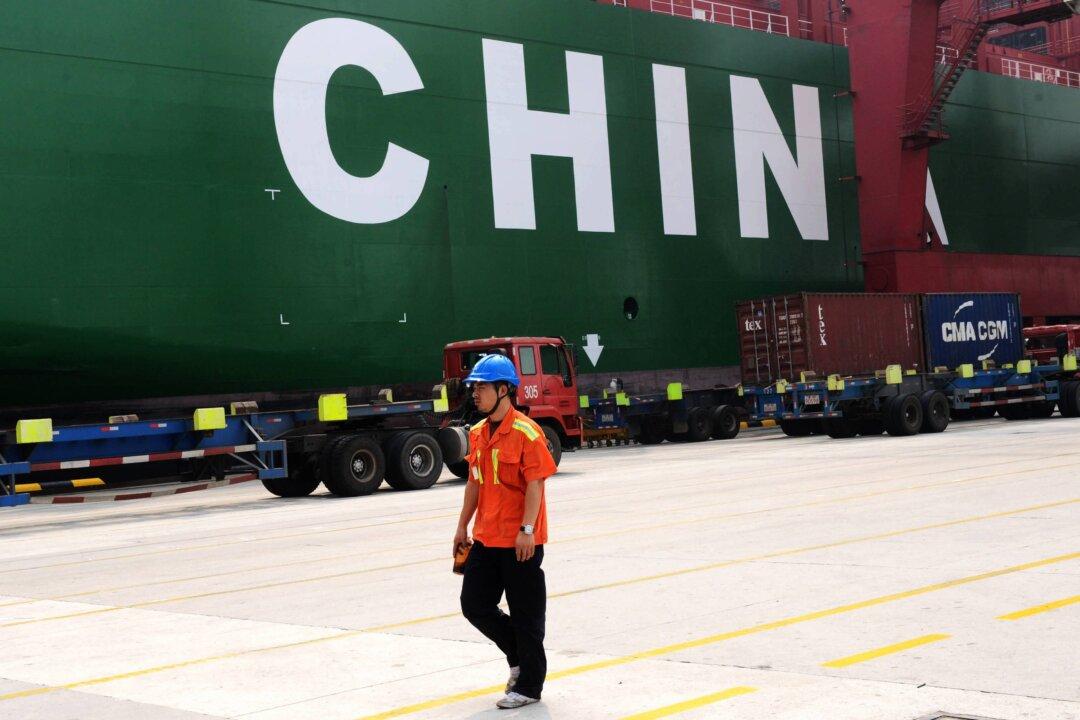The slowdown in the Chinese economy has dealt a major blow to the shipping sector. The Baltic Dry Index (BDI), which tracks the freight rates of ships that carry bulk cargoes like iron ore and coal, tanked in November to 498, the lowest since 1985.
“Falling demand and oversupply has severely impacted commodity values, with iron ore and coal prices in virtual free fall. The dry bulk shipping sector has been a casualty of these developments with resultant impacts on vessel earnings,” said Drewry, a London-based shipping consultancy firm in its research report.
The index has more than halved compared to last year, and has fallen 96 percent since its peak of 11,793 in May 2008.
China’s increased demand for raw materials led to a shipping boom over the last decade. Entranced by China’s bubbling economy, shipping companies started to invest in mega-ships, leaving the sector with huge debt and overcapacity.
Now, with Chinese imports stalling, the shipping industry is heading toward a deep recession, according to experts.





